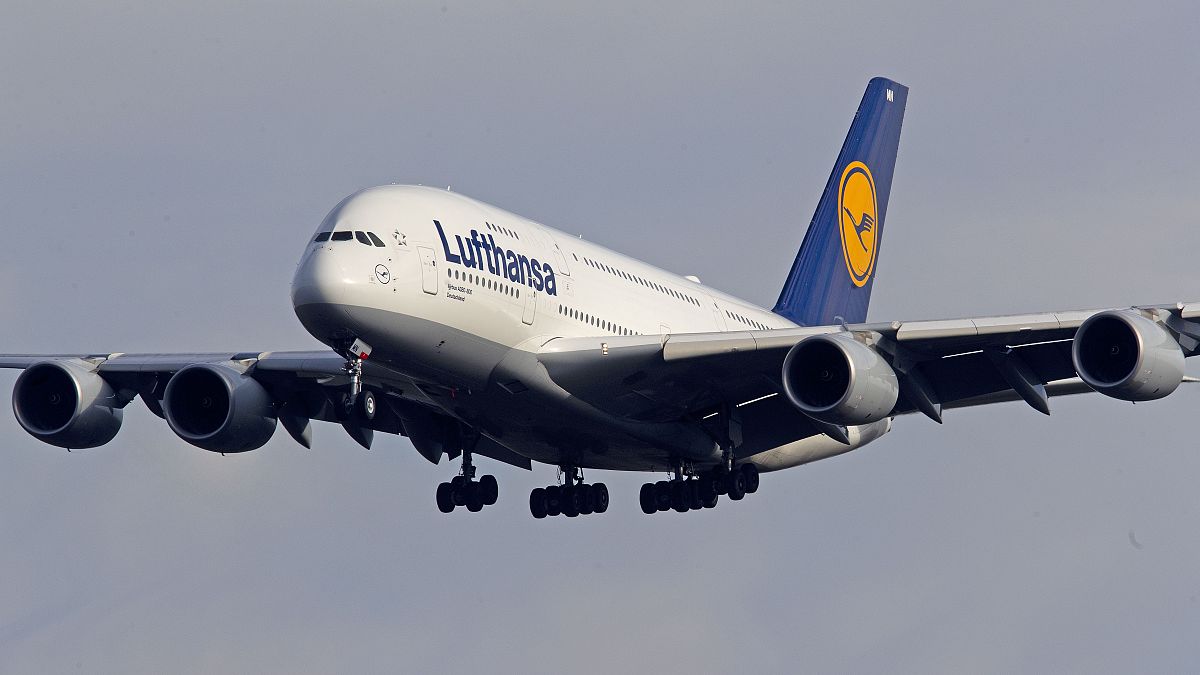EU antitrust officials are raising concerns about Lufthansa’s €325m purchase of Italy’s state-owned ITA Airways stock, fearing that the takeover could lead to increased prices and reduced choice for flights to central Europe and the US. Airline staff representatives are calling for a rapid decision from the European Commission to approve the deal, highlighting the importance of strengthening the European aviation industry in a fair market environment. The case has political implications in Italy, with transport minister Matteo Salvini warning that blocking the deal would be seen as a hostile act.
The European Commission has expressed concerns that the Lufthansa-ITA deal could limit choice on flights between Italy and central Europe, and give ITA a dominant position at Milan’s Linate airport. Antitrust officials are currently in talks with Lufthansa to determine if any remedies can be offered to address competition concerns, such as shedding services. The deadline for the Commission’s decision is 4 July, which coincides with a politically turbulent time as Commission President Ursula von der Leyen seeks approval for a second term in office.
Despite the ongoing examination of potential remedies, Vestager has stated that the majority of merger cases are approved, with outright prohibitions being rare. However, Brussels has previously stood firm under political pressure, as seen in the blocking of a rail sector tie-up between Siemens and Alstom. A Lufthansa spokesperson has expressed confidence in receiving approval from the Commission but has declined to comment on any proposed remedies. The outcome of this case will have significant implications for the future of the European aviation industry and its competitiveness in the global market.
In a letter signed by 11 aviation unions, including Germany’s ver.di and Italy’s ANPAC, airline staff representatives have called on Brussels to act swiftly in approving Lufthansa’s purchase of ITA Airways stock. The letter emphasizes the importance of strengthening the European aviation industry, maintaining jobs with European standards, and keeping tax revenues within Europe. The implications of this deal go beyond just financial concerns, with political tensions rising in Italy and pressure mounting on the European Commission to make a decision before the 4 July deadline.
The political storm surrounding the Lufthansa-ITA deal highlights the complexity of competition concerns in the aviation industry and the challenges faced by antitrust officials in ensuring a fair market environment. The potential for increased prices and reduced choice on flights to central Europe and the US requires careful consideration of the long-term impact of the merger. As the European Commission continues its examination of potential remedies, the outcome of this case will shape the future of the European aviation industry and its competitiveness on the global stage. It remains to be seen whether Brussels will approve the deal or stand firm under pressure to protect competition in the sector.











